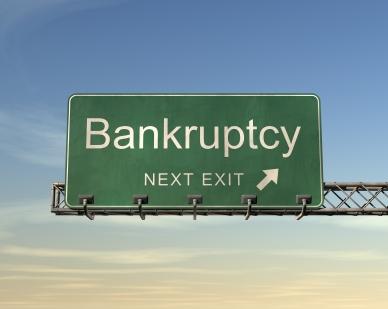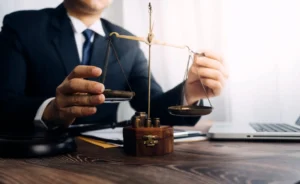Although bankruptcy is sometimes unavoidable, it’s best to take control of your financial matters early on and create a plan long before the situation becomes dire.

A Penny Saved Is a Penny Earned
The best way to avoid debt is to save money. Try to avoid making unnecessary purchases. Ask yourself if you really need that $5 Starbucks drink or new $400 iPad. The amount spent on discretionary things adds up quickly. If you can eliminate these luxury purchases that you do not absolutely need, you will be surprised at how much you can save.
Put the Plastic Away
In this day and age, it is almost too easy to buy things on credit. The interest rates on credit cards are astronomically high (around 17.55% on average). With such high interest rates, it is easy to get swept into more and more debt. Paying the interest alone requires money that most people don’t consider at the time of purchase, never mind the principal. Instead of whipping out your credit card for every purchase, try buying things with cash or debit cards. This way, you will know exactly how much you have to spend and will not be able to go over your financial limit.
Live Within Your Means
Another great way to avoid bankruptcy is to live within your means and practice self-discipline. “Keeping up with the Joneses” is a real issue that plagues a vast majority of Americans today. Many people get sucked into deeper and deeper debt because they constantly buy things they cannot afford.
In most cases it is best to sit down and look at the combined salary of you and your spouse then come up with a yearly or monthly budget. Your fixed expenses, such as mortgage payments, taxes, utilities, and groceries, will be roughly the same every month. After you subtract your fixed expenses from your income, this is the extra money you have left to either save or spend. If you decide to spend the remaining amount, do not spend more than what you have in your current budget.
Save Before Making Big Purchases
If you plan on making a big purchase (house, car, boat, etc.) you should consider saving money for 6 months to a year prior to making the purchase. Making a down payment can also help lower your monthly payments, in turn increasing your monthly/yearly budget.






